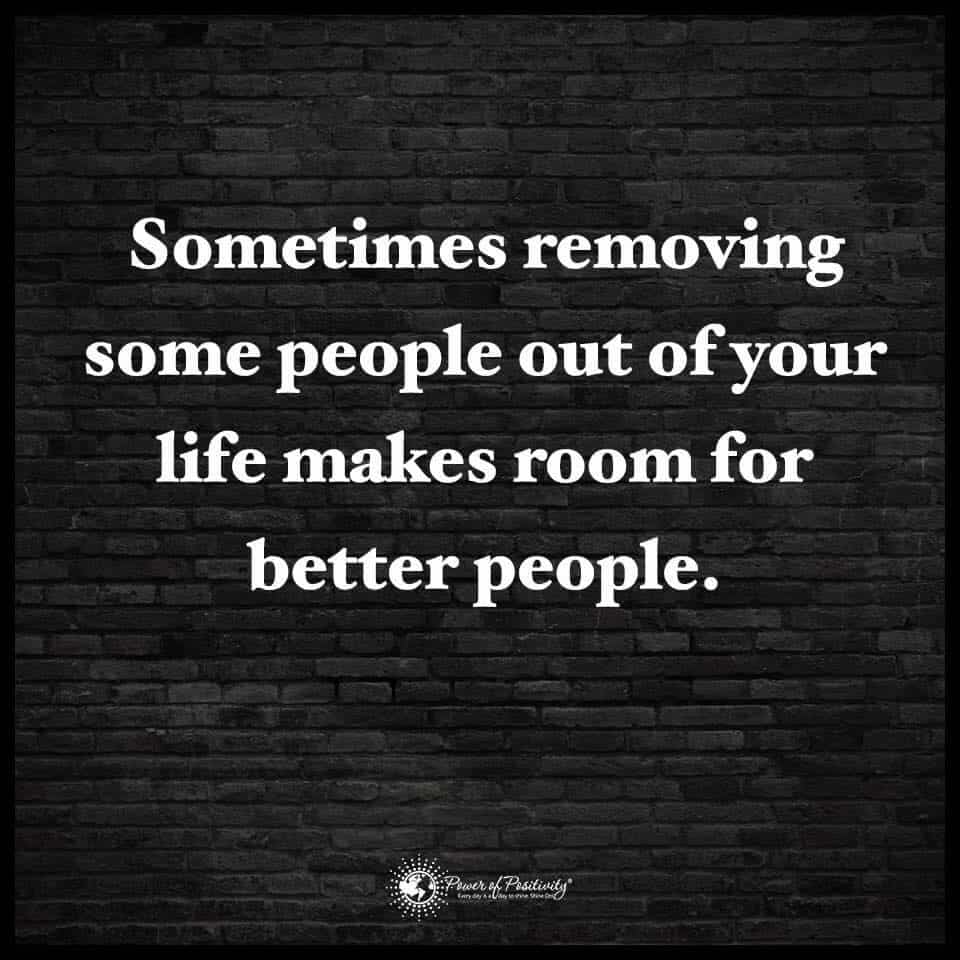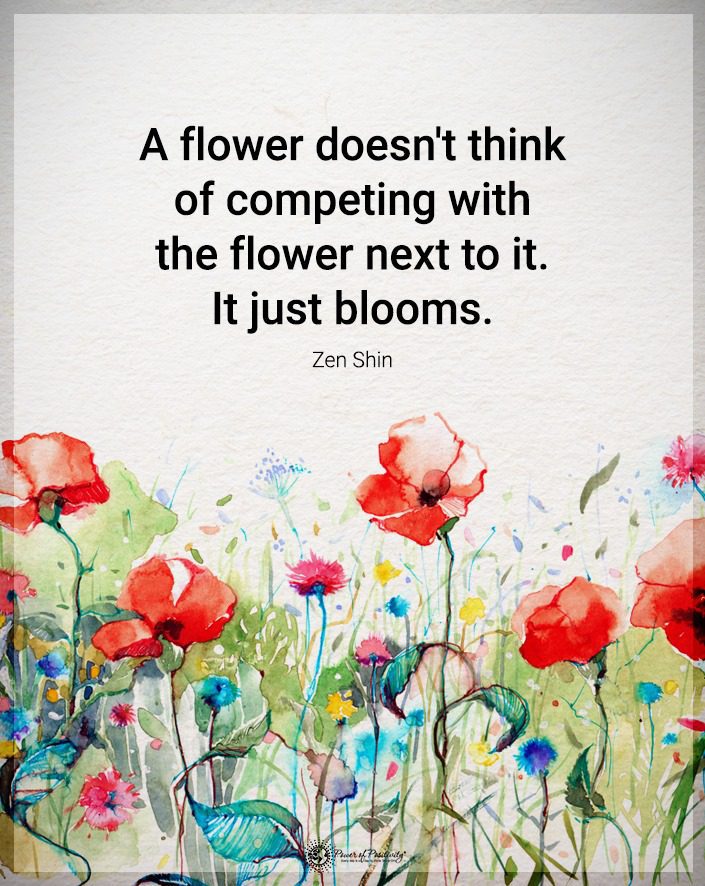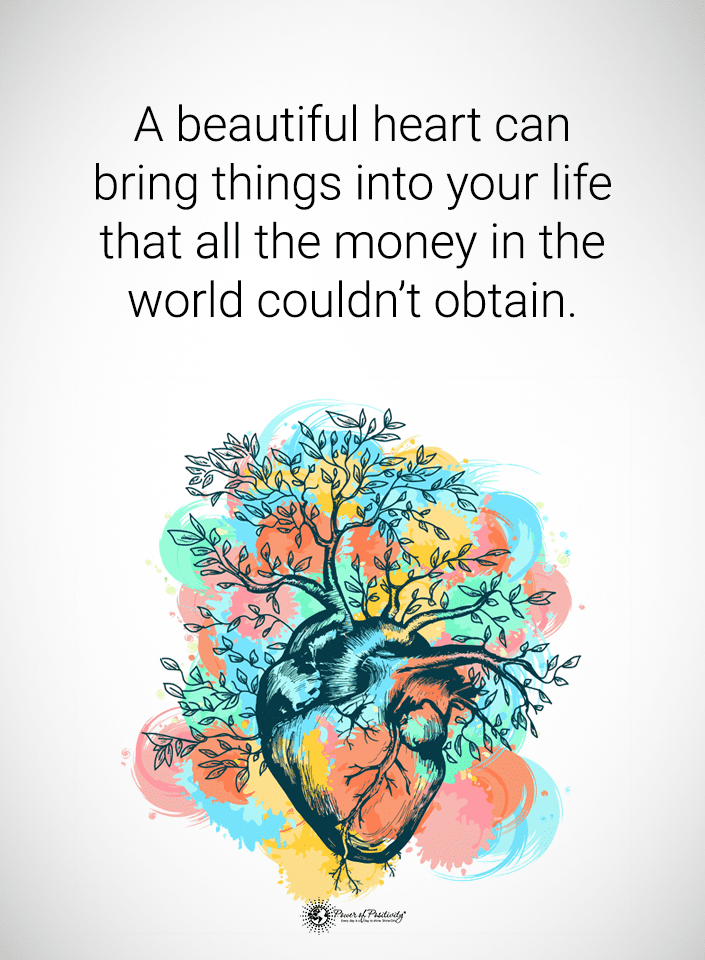Drinking tea goes back to ancient cultural tradition, as it contains many healing attributes which make it the nighttime drink of choice for many people. Many varieties of tea exist, but lately, a particular type called matcha tea has grown quickly in popularity as people realize the many benefits they can get from it, including, but not limited to weight loss and anxiety.
Here’s how this ancient tea helps with weight loss and anxiety
Matcha is a powdered green tea originating in Japan. The tea leaves are brought into the shade for the last few weeks of their growth, which increases the chlorophyll content, giving rise to the vibrant green color you see in the powdered form of the tea. The tea is rich in antioxidants, but many people use it in recipes as well. You only need 1/2 a tsp to brew a cup of Matcha, unlike other teas with less potency. The producers of Matcha tea actually don’t strain the leaves before final production, which makes the tea much more powerful upon consumption.
If you are an herbal tea connoisseur or just want to try something that will boost your health, here are a few reasons to add matcha tea to your diet:
Calm Energy
Because matcha tea is harvested longer than other types of tea leaves, it contains more L-theanine, an amino acid that helps to promote clarity and tranquility. This also helps to balance out the caffeine present in the tea, while also keeping you alert and focused.
Antioxidants
Matcha tea contains 137 times the polyphenols than regular green tea, according to this study. Furthermore, matcha tea contains more than 60 times the antioxidants of spinach and 7 times the antioxidants of high grade dark chocolate.
This high concentration of antioxidants can protect against many diseases, including cancer.
Smaller Waistline
EGCG, a type of antioxidant found abundantly in Matcha, can increase the fat-burning process and has been proven to decrease the formation of new fat cells. Other studies have shown that the catechins in Matcha can boost the body’s metabolism and contribute to additional fat burning during a workout.
Healthy Heart Goes Along with the Weight Loss
A 2011 study in the American Journal of Clinical Nutrition showed a decrease in LDL cholesterol when participants drank green tea. Lower blood pressure and a decreased risk of stroke also occurred, and researchers believe the catechins in the tea helped to lower these markers for disease.
Mental Focus
The L-Theanine in green tea can help boost focus and concentration due to an increase in alpha brain waves.
Clear Skin
The abundant antioxidants in green tea can keep skin healthy by reducing free radicals and inflammation that help contribute to early aging.
However, even though Matcha tea contains many benefits, you do need to watch out for lead present in this type of tea. All green teas contain small amounts of lead, but since Matcha tea is produced using the whole leaf, more lead is present. While lead levels are still in the safe range, pregnant women or those with health problems should take caution when dealing with Matcha tea.
How to Make Weight Loss Tea
So, how can you brew this amazing tea yourself?
Purchasing it in stores can get expensive, so a cheaper alternative would be to brew it at home yourself. You can make it two different ways: usucha or koicha. Usucha will give you a thin tea, while koicha is a thicker tea.
Needed Equipment:
- A blender or whisk and spoon
- A strainer or sifter
- A bowl for whisking
- Cups for drinking tea
Ingredients:
- 1 teaspoon Matcha Powder
- 1 cup of hot water
- Sift the powder into your glass bowl with the strainer or sifter.
- Slowly add the hot water.
- Whisk it until it’s frothy and thick.
- Drink and enjoy!










